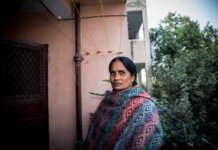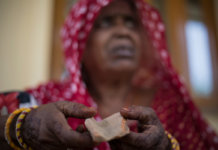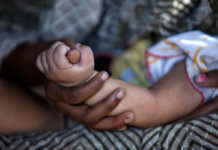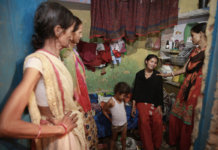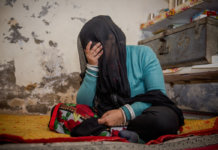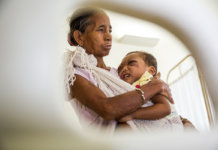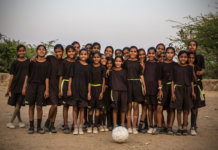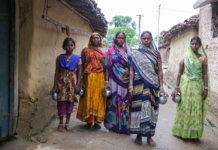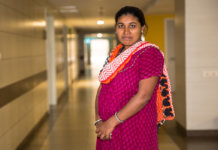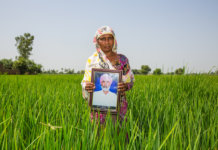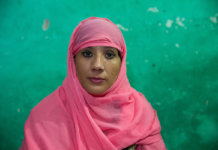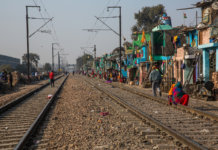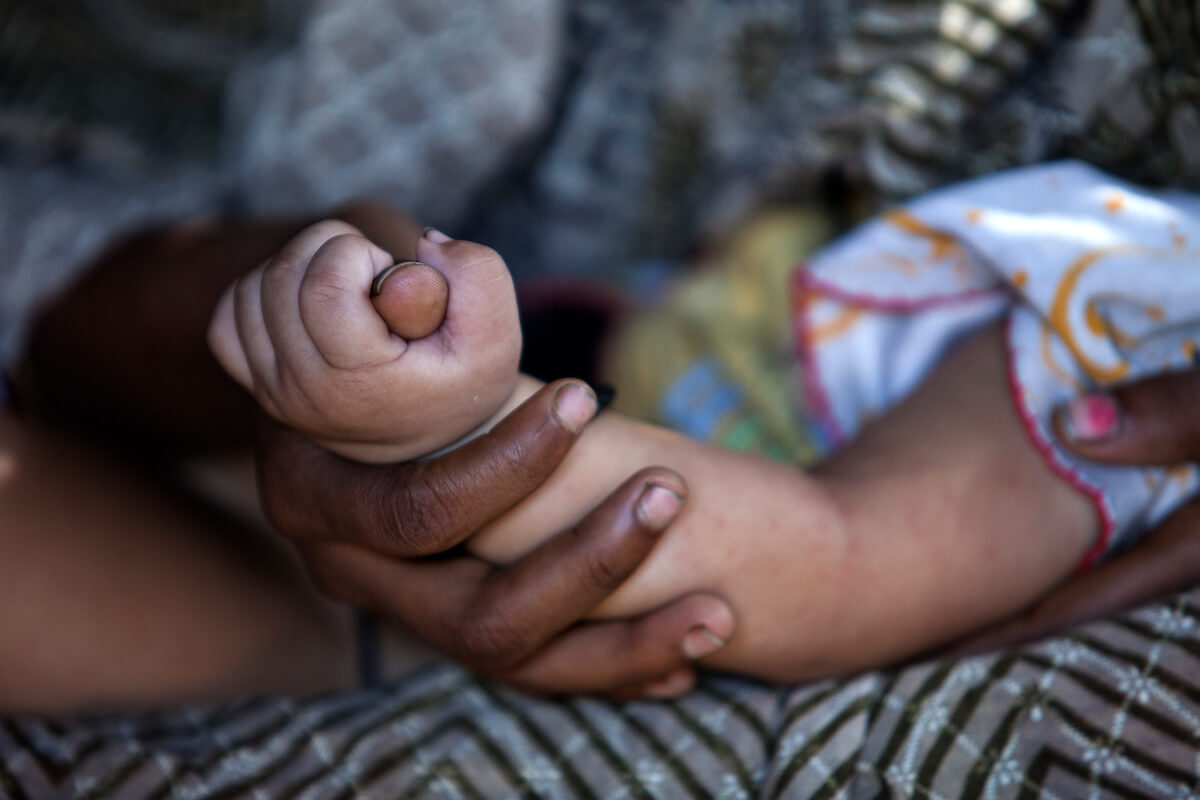As news of the brutal rape and murder of an eight-year-old Muslim girl in the northern Indian state of Jammu and Kashmir spread across India earlier this year, it quickly dawned on Deepika Singh Rajawat that she needed to step in.
The lawyer now representing the victim’s family watched the tension build in a country already grappling with a string of high profile cases of sexual violence. The immediate aftermath saw violent demonstrations, rising religious tensions and the threat of further destabilisation in the region.
The immediate aftermath saw violent demonstrations, rising religious tensions and the threat of further destabilisation in the region.
Three months on, and having been threatened herself with rape and murder, she is calling on Narendra Modi, the prime minister, to break his silence and show the leadership India needs to bring justice for the family.
“I’m not against the prime minister,’ she said. “But I’m against his silence over sensitive issues.”
India is shuddering under the pressure to do something about its on-going rape issue in the wake of this and subsequent harrowing sexual assaults.
On January 10 the Muslim girl at the heart of Mrs Rajawat’s case was kidnapped while grazing horses in a meadow. She was held captive, sedated and gang-raped repeatedly for a week inside a village temple by six Hindu men. She was raped again just before being strangled and killed with a large stone.
It’s alleged the attack on the girl from the poverty-stricken Bakherwal community was part of a strategy to instill fear into the nomadic Muslim tribe and drive them out of the region.
But the case is at the centre of a growing trend of extreme sexual violence rocking India, leading to some of the largest mass demonstrations held in the country since the rape and murder of a female college student in Delhi in 2012.
So delicate is Mrs Rajawat’s case – tied, as it is, to ethnic and religious tensions in restive Kashmir – that even the lawyer is not immune from the backlash.
Members of the Jammu High Court Bar Association condemned Mrs Rajawat’s choice to represent such a controversial case. She was threatened by members of the Jammu judiciary system and the case was thrown into doubt.
Then in mid-April, she told the Indian media: “Today, I don’t know, I am not in my senses. I can be raped, I can be killed and maybe they won’t allow me to practice in court. They (have) isolated me, I don’t know how I can survive.”
“The threats were a disgrace,” she explained. “I was accused of being an anti-nationalist, anti-Hindu, corrupt, money-hungry; so many people trying to ruin my reputation. At first I felt my life was in danger. I thought my life, my mother’s life, and my brother and sister’s life was in danger.
“The threats disturbed me. I was under a lot of stress. I’m a proud Hindu – I don’t beat drums about it – but as a lawyer I don’t have a religion. I have a secular religion and I worship my constitution.”
as a lawyer I don’t have a religion. I have a secular religion and I worship my constitution
Mrs Rajawat says the responsibility to bring the situation under control lies with prime minister Modi.
“He needs to be a good prime minister. He needs to remember he’s not just representing one community; he needs to take care of everyone. We see him at all these international meetings, but the common man has no idea what he is doing.
“The rape issue in this country is getting worse, but the law is there. Our law just needs to be implemented. We need firm implementation, a follow-up system – and I’m sure things will change, otherwise it’ll get worse day by day.”
Last week protesters poured onto the streets again after a teenage girl was raped and burned alive by her attacker in the Sagar district of Madhya Pradesh.
It was the third rape and burn attack in the same week in India and allegedly came after the victim told her attacker she would inform her family about the rape.
During her interview Mrs Rajawat’s phone was permanently in her hand, as she fielded calls in between meetings, interviews and court appearances.
“Since taking on this case more people are coming to me. I have to file another rape case on Monday. I have a lot of work to do, and I’ll give it everything I’ve got. I have a responsibility and I understand it well.”
Mrs Rajawat, who runs a helpline and NGO Voice For Rights to provide legal assistance to the poor, said she “had a responsibility to help” the victim’s family. “I realised the family would never get justice if someone didn’t step in,” she said.
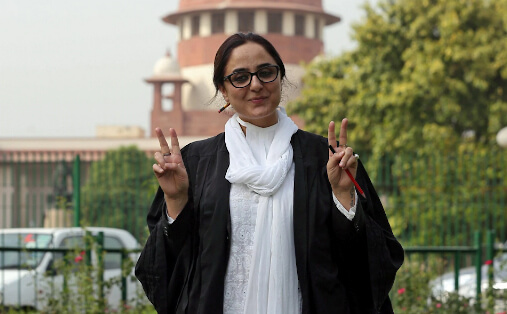
She contacted the mother and father of the victim and quickly guided them on their rights, the law, and most importantly how to get the investigation monitored by the high court.
When the case was finally filed and details began to seep into the media in early April, the country was left shocked and sickened.
After weeks of controversy the Supreme Court decided last week to move the entire trial to neutral ground, in Pathankot, Punjab.
“We wanted the trial to be in a peaceful place, somewhere balanced, a nice environment, keeping in mind everyone’s concerns. Now the case has been moved I feel very confident she will get justice,” Mrs Rajawat said.
Her high-profile fight earned the backing of Hollywood actress Emma Watson, who wrote on Twitter: “All power to Deepika Singh Rajawat.”
Mrs Rajawat said: “I have studied the charge sheet and seen the hard work put into it and we’re on a strong footing. Her parents have lost a child, it’s damage that will never be repaired, but I have to say even though this community often feels invisible they feel some satisfaction that the nation is with them, as is the international community and judicial system.”

